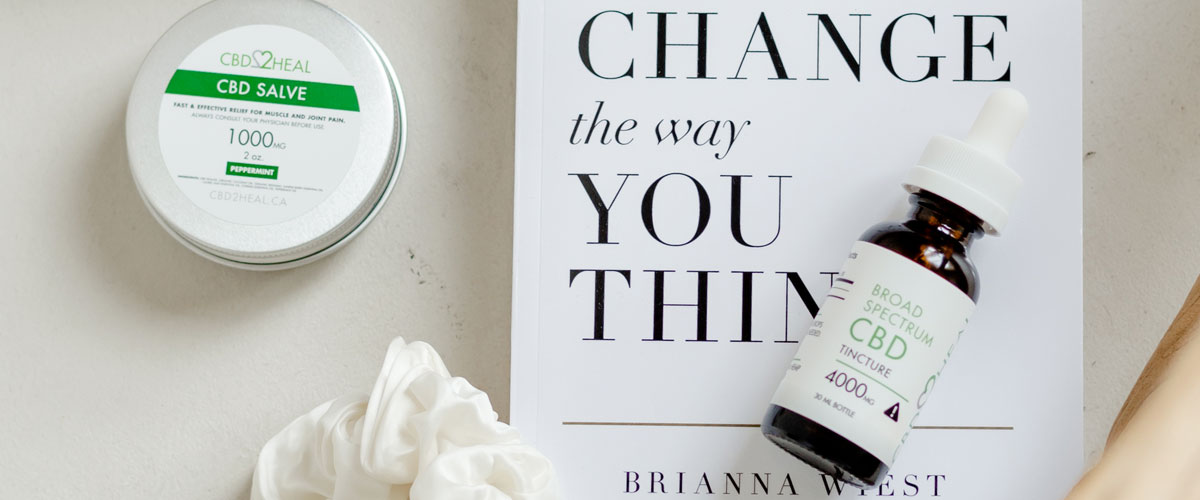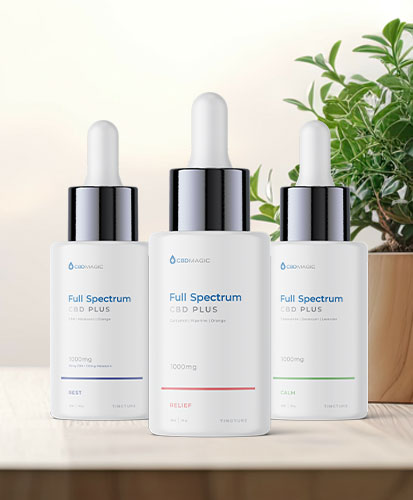- You have no items in your shopping cart
- Continue Shopping

In a world where we are constantly seeking new solutions to age-old problems, the conversation around CBD and its potential role in addiction recovery has gained significant attention. CBD, short for cannabidiol, is a compound found in the cannabis plant that doesn’t produce the psychoactive effects associated with its cousin, THC. In this blog, we’ll delve into the realms of CBD, understanding addiction, and exploring whether CBD could be a game-changer in the journey towards recovery.
What is CBD?
Let’s start with the basics. CBD is one of over a hundred chemical compounds found in the cannabis plant. Unlike THC (tetrahydrocannabinol), CBD is non-psychoactive, meaning it won’t get you “high.” It interacts with the endocannabinoid system in our bodies, which plays a crucial role in regulating various physiological processes. CBD has gained popularity for its potential therapeutic benefits, including anti-anxiety, anti-inflammatory, and analgesic properties.
Understanding Addiction
Addiction is a complex and challenging condition that affects millions worldwide. It’s not just about substances like drugs and alcohol; behavioral addictions can be equally pervasive. The essence of addiction lies in the brain’s reward system, where certain activities or substances trigger the release of dopamine, the “feel-good” neurotransmitter. Over time, this can lead to a cycle of dependence and craving, making breaking free from addiction an uphill battle.
Benefits of CBD for Addiction
Discover the myriad benefits of CBD for addiction recovery, offering a holistic approach to healing.
- Anxiety and Stress Reduction: CBD interacts with serotonin receptors in the brain, helping to alleviate anxiety and stress, common triggers for relapse.
- Mood Stabilization: By influencing the brain’s reward system, CBD may aid in stabilizing mood, assisting individuals in managing the emotional challenges of recovery.
- Craving Reduction: CBD’s potential to impact neural circuits associated with addiction may contribute to a reduction in overwhelming cravings during withdrawal.
- Anti-Inflammatory Properties: CBD’s anti-inflammatory properties can be advantageous in addressing co-occurring conditions such as chronic pain, allowing for pain management without resorting to addictive substances.
Explore how these benefits, combined with a personalized plan and professional guidance, make CBD a promising addition to the toolkit of those on the path to recovery.
Moreover, CBD’s anti-inflammatory properties could be beneficial in treating conditions co-occurring with addiction, such as chronic pain. Managing pain without resorting to addictive substances is a crucial aspect of successful recovery.
Potential Side Effects
While CBD is generally well-tolerated, it’s essential to be aware of potential side effects that may occur in some individuals. Here’s a list to consider:
- Drowsiness: Some users may experience mild drowsiness, especially when taking higher doses of CBD.
- Dry Mouth: CBD can inhibit saliva production, leading to the sensation of a dry mouth.
- Changes in Appetite: For some individuals, CBD may influence appetite, causing an increase or decrease in food intake.
It’s crucial to note that these side effects are typically mild and temporary. Additionally, CBD can interact with certain medications, emphasizing the importance of consulting with a healthcare professional before incorporating it into your routine, particularly for those in addiction recovery. Understanding these potential side effects allows individuals to make informed decisions and tailor their CBD usage to their unique needs and circumstances.
Recommended Dosage
Determining the right CBD dosage can be challenging, as individual responses vary. Factors like body weight, metabolism, and the severity of the condition being addressed all play a role. Starting with a low dose and gradually increasing it allows individuals to gauge their response. We recommend starting with at least 0.5 mL and using it twice a day, preferably once in the morning and once at night. It’s crucial to be patient; the effects of CBD may not be immediate, and consistency is key in realizing its potential benefits.
Where You Can Buy CBD
The popularity of CBD has led to a plethora of products flooding the market. From oil tinctures to capsules and gummies, the options are vast. When purchasing CBD, it’s essential to choose reputable brands that provide third-party lab testing results to ensure product quality and transparency. Your local dispensaries, online retailers, or even health food stores may offer a variety of options.
Conclusion
In the ever-evolving landscape of addiction recovery, exploring alternative approaches is vital. While CBD shows promise in influencing the neurobiological mechanisms associated with addiction, it’s not a one-size-fits-all solution. Combining CBD with traditional therapeutic interventions and professional guidance offers a holistic approach to recovery.
As research continues, our understanding of CBD’s role in addiction recovery will likely deepen. For now, the anecdotal evidence and preliminary studies suggest that CBD could be a valuable addition to the toolkit of those on the journey to recovery. As with any health-related decision, it’s crucial to consult with healthcare professionals to tailor a comprehensive and personalized plan that addresses individual needs and circumstances. The road to recovery is challenging, but with emerging possibilities like CBD, it may become a little less daunting.
Take control of your addiction with the help of CBD. Shop online today at CBD2HEAL for Canada’s best CBD oil.









